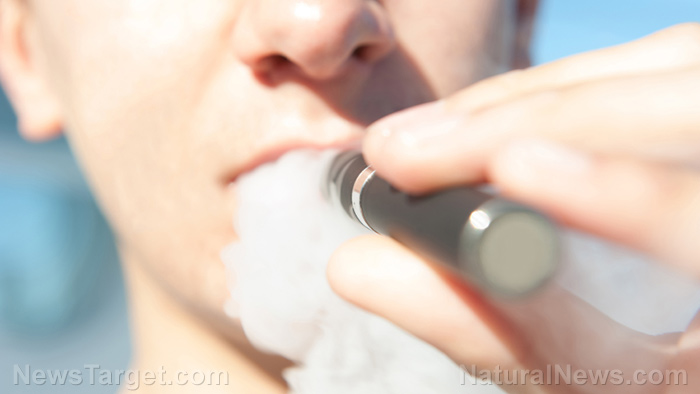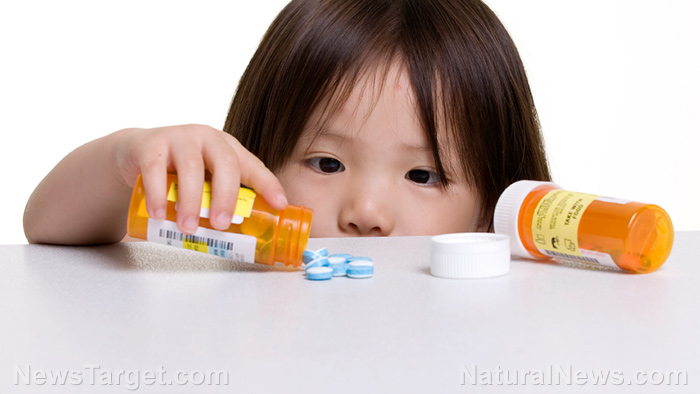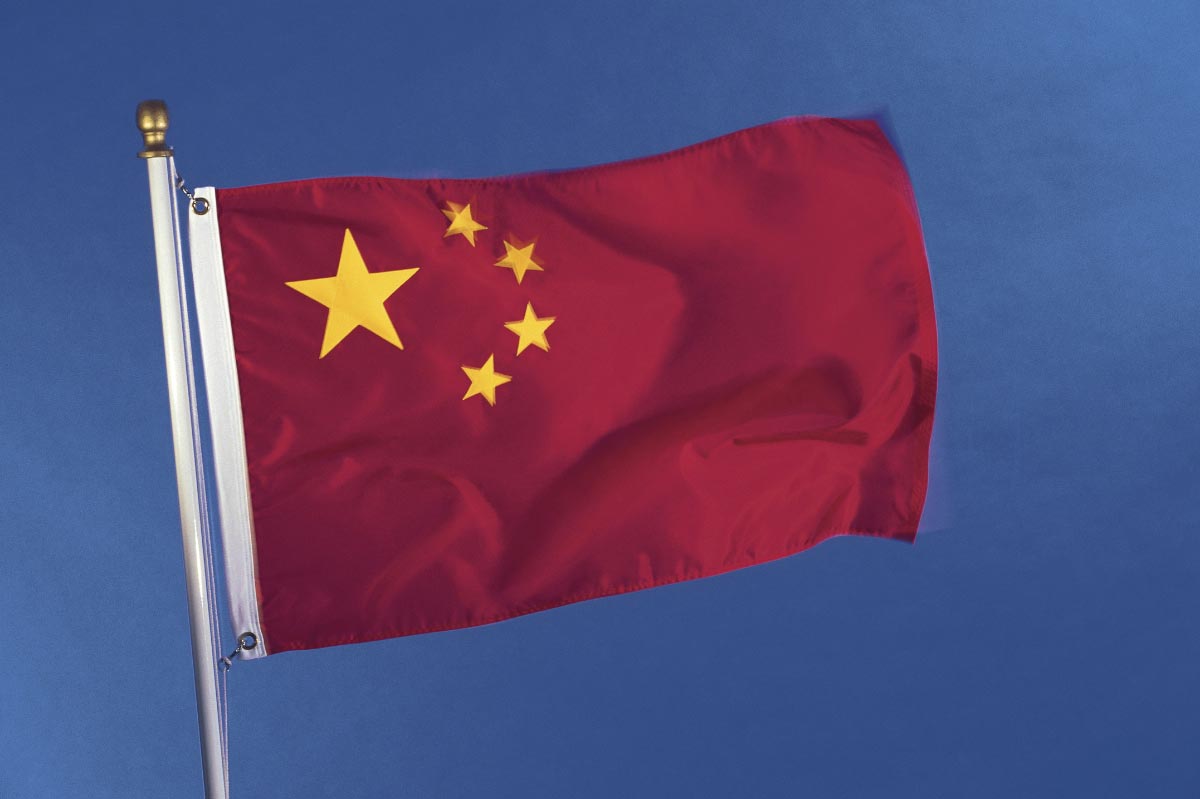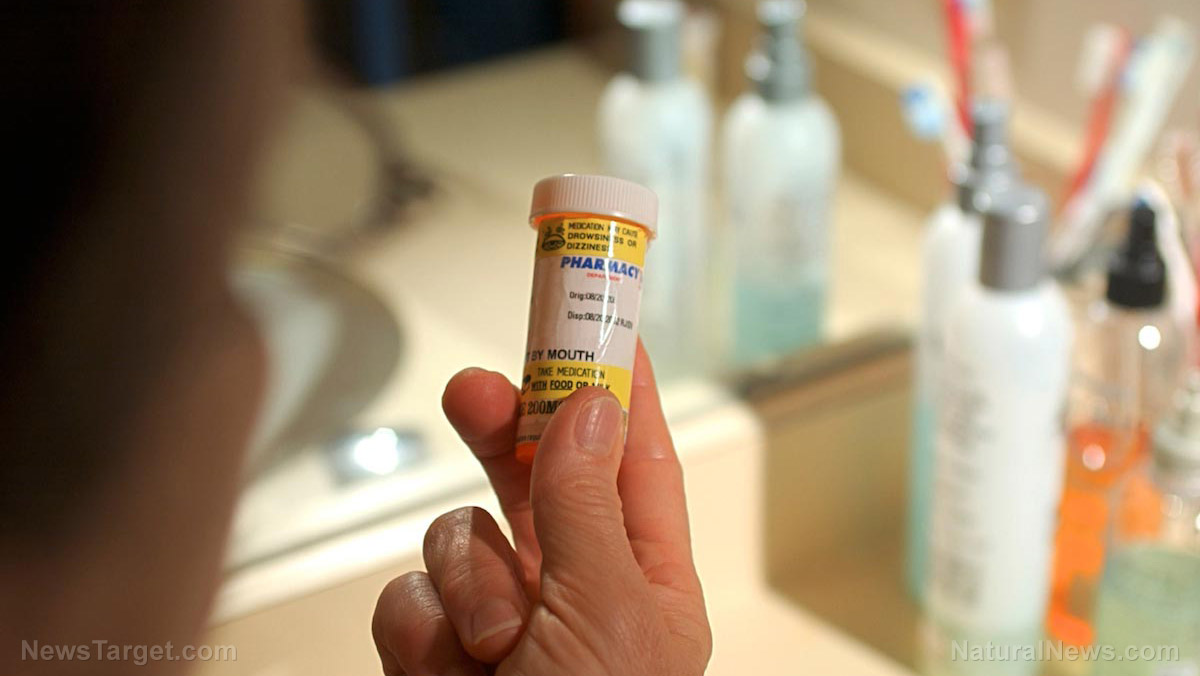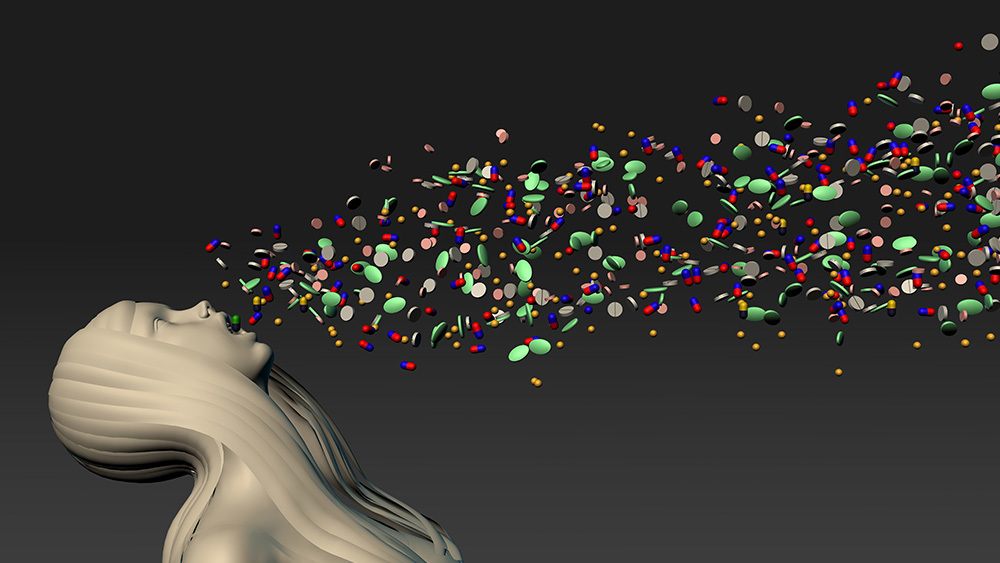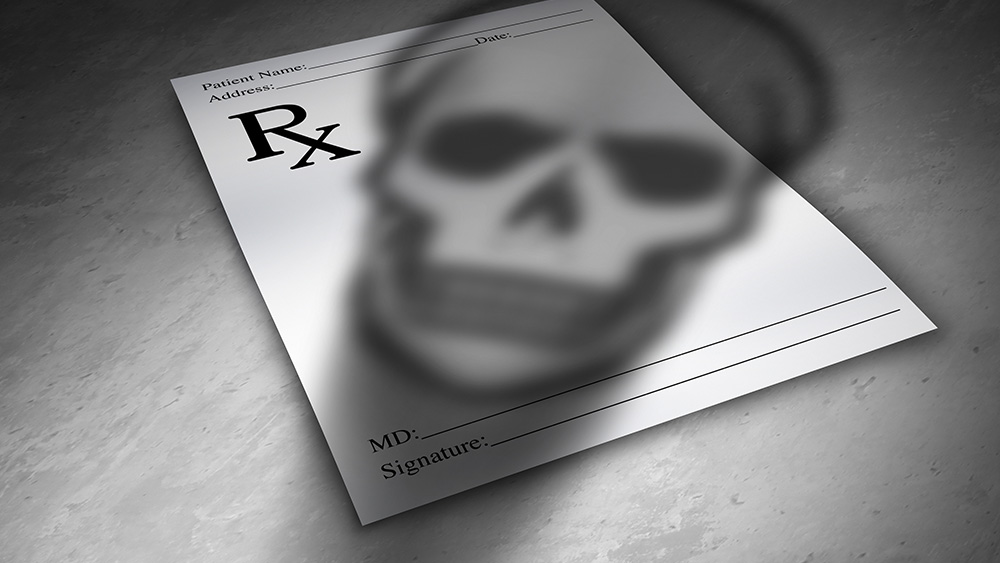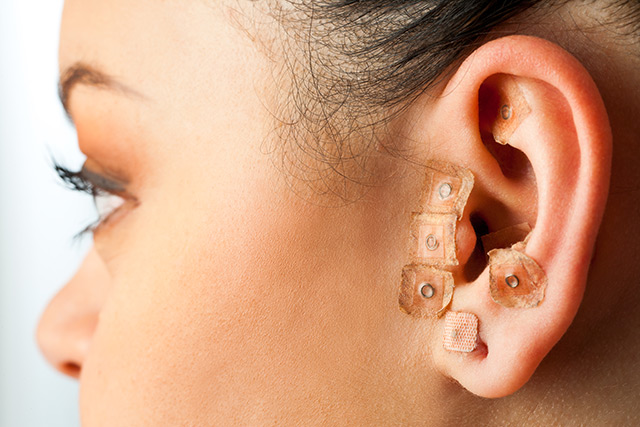After paying out $8 billion in fines, J&J now faces 100,000 more lawsuits related to injuries caused by antipsychotic drugs
10/16/2019 / By Ethan Huff
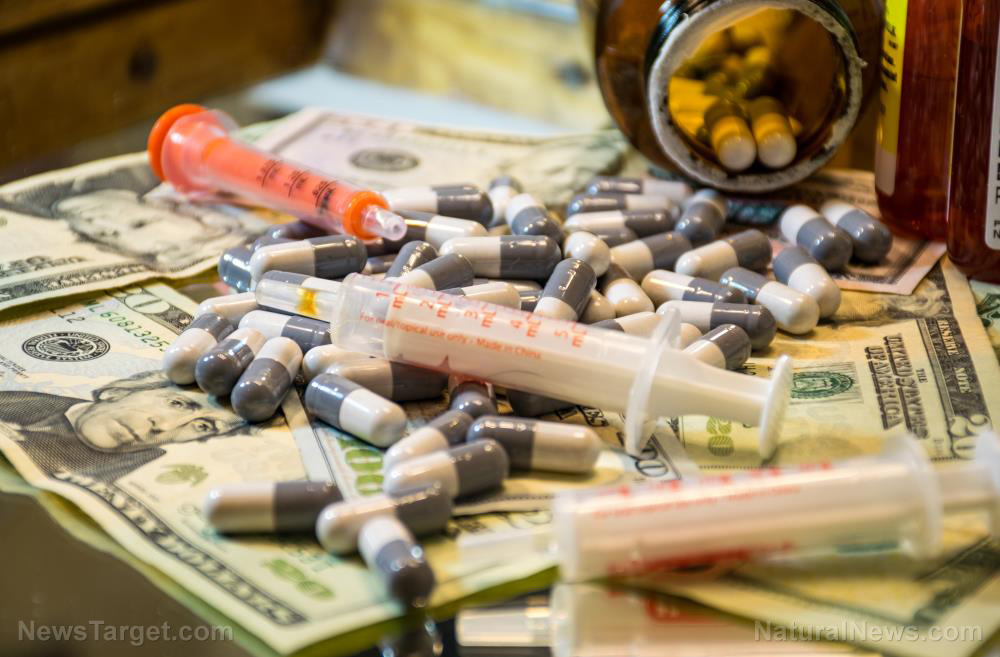
Things just keep getting worse for Johnson & Johnson (J&J), which after having recently paid out some $8 billion in fines for illegally pushing doctors to prescribe its anti-psychotic drug Risperdal (risperdone) now faces more than 100,000 additional lawsuits over harm caused by this same drug, as well as many of the company’s other drugs and products.
Similar to what Monsanto and Bayer now face with thousands of lawsuits over Roundup (glyphosate) poisoning, J&J is finally being held accountable for crimes that injured and killed countless people, which analysts say could drain from the company at least another $20 billion in fines, settlements, and other payouts.
Because there appears to be no end to J&J’s liabilities at this point, shares of the company plummeted some 12 percent. Concerns about all this litigation, reports indicate, is causing “an overhang on the shares for the foreseeable future,” meaning the only direction J&J is going at this point is down, down, down.
“J&J has been riding the litigation bronco over the past couple of years, and the ride is far from over,” says Carl Tobias, a University of Richmond professor who teaches students about product liability. “I’m sure investors are tired of it.”
For more related news about drug industry corruption, be sure to check out BigPharma.Fetch.news.
Is anything sold by Johnson & Johnson actually safe?
As we’ve been covering, J&J has been in a whole lot of hot water lately over its talc baby powder products, which the company knew were contaminated with cancer-causing asbestos, but proceeded to sell anyway. Consequently, J&J is now having to face the music with endless lawsuits stemming from this scandal.
Several years prior to the release of a bombshell report about this talc-cancer scandal, J&J paid out $2.2 billion in damages for false claims it made about other products it sells, including deadly prescription drugs that were being doled out to unsuspecting elderly folks at nursing homes and care facilities.
J&J is also being probed over health damage caused by vaginal-mesh devices it sells, as well as a diabetes drug known as Invokana (canagliflozin), which J&J has been continuing to sell despite knowledge that the drug damages the heart, bones, and kidneys.
It’s a far cry from the J&J that many people grew up with, which used to be a household name and a brand that people trusted. This is no longer the case as J&J has spiraled into becoming just another Big Pharma profit machine that cares only about money at the expense of people’s health and well-being.
“J&J used to be the gold standard of ethical behavior in the pharmaceutical industry,” says Michael Santoro, a business ethics professor at Santa Clara University in California.
“They just seem incapable of properly managing their ethical behavior at this point,” he adds. “They’ve lost their way.”
It’s difficult to see how J&J can recover from any of this, not just in terms of its reputation but also in terms of financial viability. With untold tens of thousands of lawsuits coming down the pipeline, J&J could completely run out of money before all of these lawsuits are paid out, leaving those injured and suffering to hold the bag.
This is what happens when people put their trust in big corporations and their synthetic pharmaceuticals, by the way. Rather than taking charge of their own health, too many Americans still rely on pharma-addled doctors to tell them how to live, which continues to put millions of them in harm’s way due to risky chemical products like the ones sold by J&J.
For a full breakdown of all the lawsuits that J&J is facing, as well as the products for which the company is being sued, visit Bloomberg.com.
Find more news about dangerous prescription drugs and bad medicine at BadMedicine.news.
Sources for this article include:
Tagged Under: antipsychotic drugs, Big Pharma, corruption, deception, evil corporation, finance, J&J, Johnson & Johnson, lawsuits, pharmaceuticals, psychiatry, toxic ingredients
RECENT NEWS & ARTICLES
COPYRIGHT © 2017 OVERDOSE.NEWS

